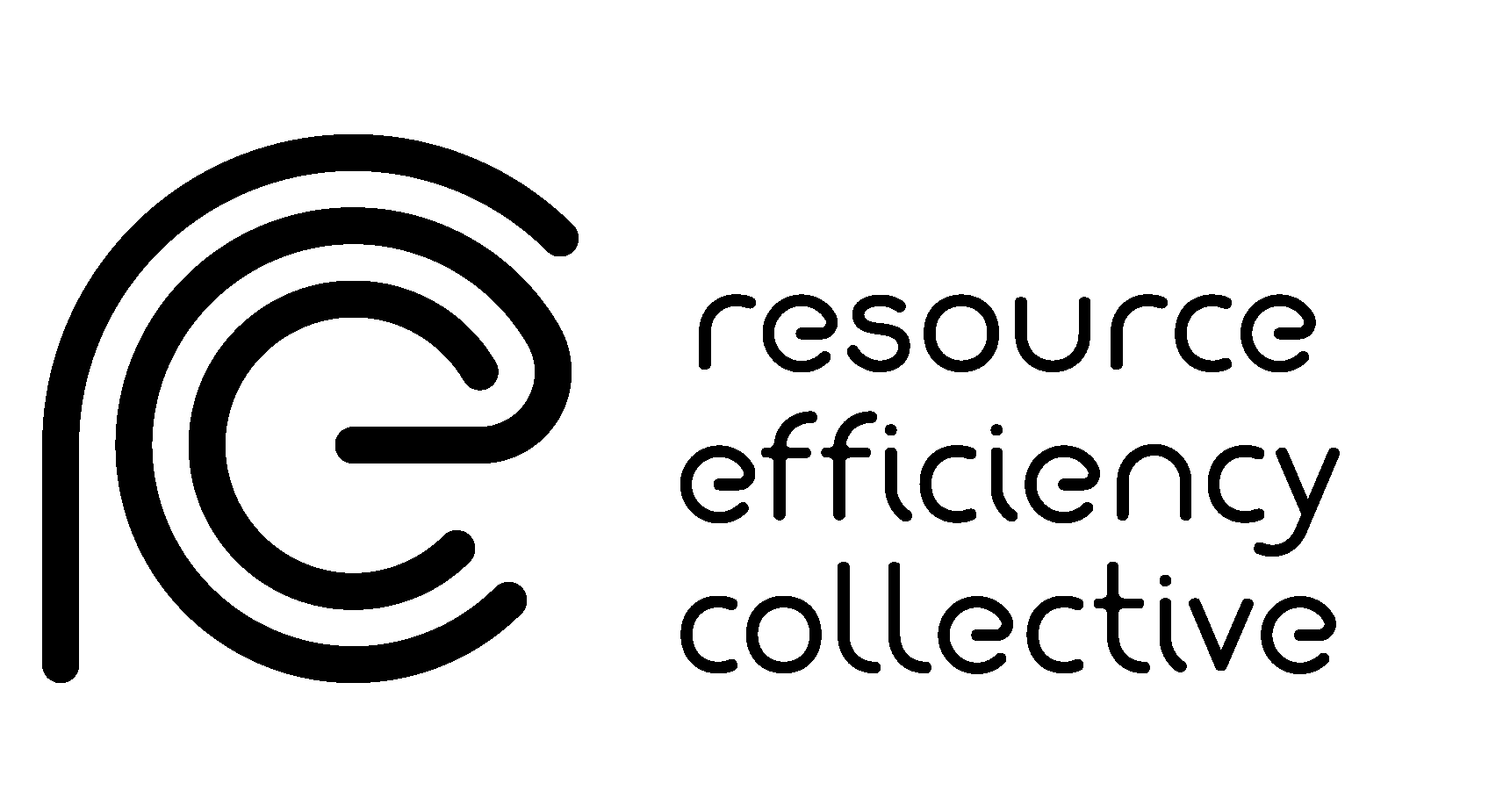Useful energy balance for the UK: An uncertainty analysis
The use of Useful energy as an energy indicator for sustainability and energy efficiency policy making has been advocated for since the 1970s. Useful energy is the energy delivered by conversion devices in the form required to provide an energy service. This indicator has not been employed mainly because of concern over the reliability of the underlying data, however its uncertainty has never been quantified. This study is a first attempt to rigorously quantify the uncertainty that is associated with Final and Useful energy balances. A novel methodology based on a Bayesian approach is developed, previously unpublished data about average end-use conversion device efficiency is compiled and the Useful energy balance of the United Kingdom is calculated. The uncertainty analysis shows that the largest source of uncertainty is the allocation to energy end-uses, where the uncertainty of the energy flows goes from a median value of 5% to one of 34%. Useful energy consumption for transport and for heating has low uncertainty (4–10%) and overall, 85% of consumption has uncertainties below an acceptable 25% threshold. Increased availability of energy consumption sensing technology will enable the improvement of end-use energy statistics. If governments and statistical offices seize this opportunity, Useful energy has the potential to become an important indicator for the development of energy efficiency policies and thus help stimulate policy action in end-use sectors.
Read the full paper published in the journal of Applied Energy here:
https://www.sciencedirect.com/science/article/pii/S0306261918309322













